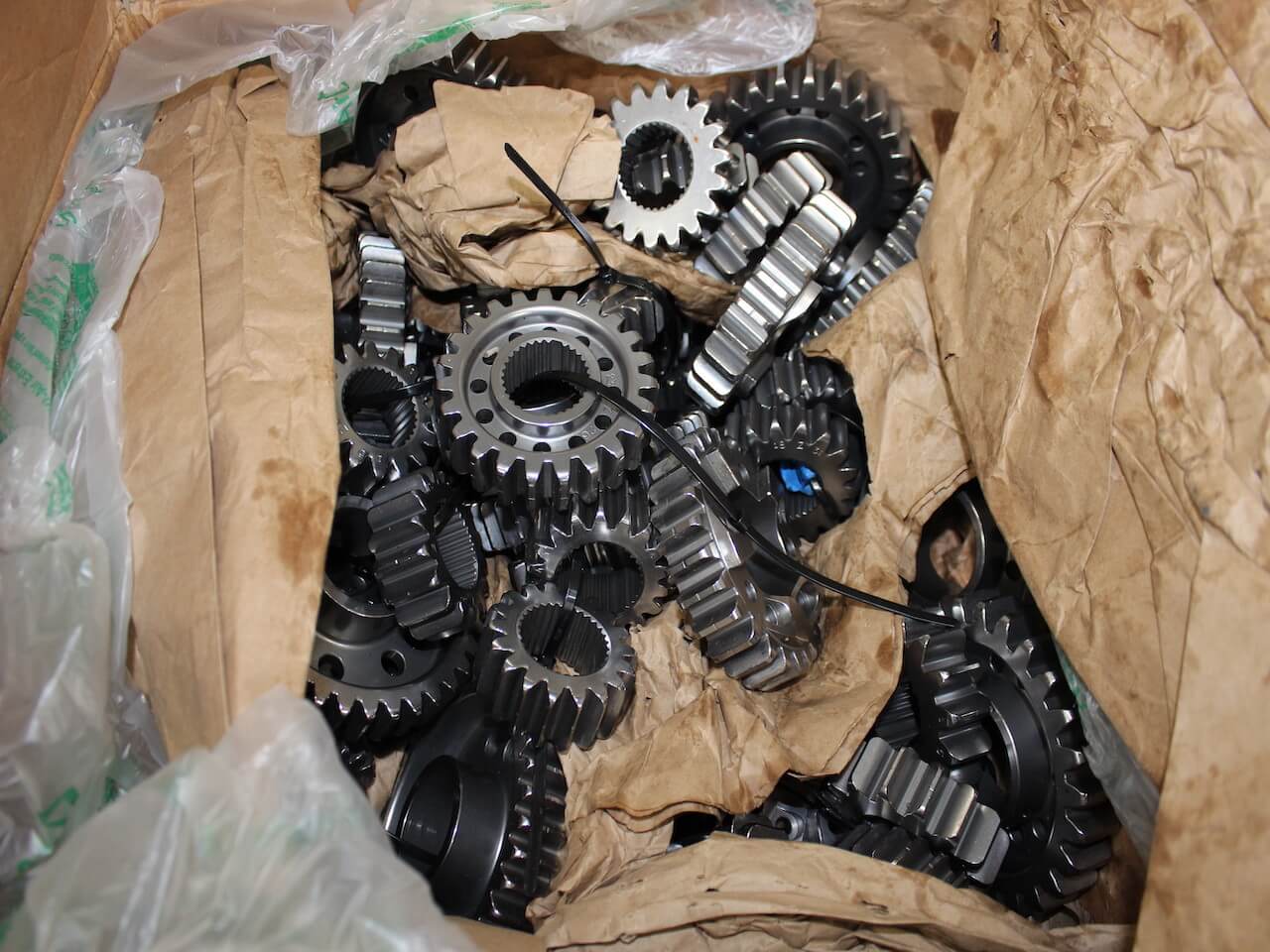
Originally developed as a process for deburring, mass finishing has greatly impacted manufacturing with uniform, high-quality parts produced faster and at a lower production cost.
The evolution of mass finishing has included advancements in equipment, media and technology with minimal disadvantages. One of the few disadvantages of mass finishing is known as part impingement, which are the impressions or marks left on a part’s surface from collision with another part or object during the mass finishing process.
There are two main causes of part impingement during mass finishing. The first is known as part-on-part impingement and is caused by the parts colliding with themselves. The geometry of a part, in addition to its size and weight, can lead to greater instances of impingement if the parts are heavy or have sharp edges.
The second cause of impingement occurs when centrifugal force compounds with dense media and the charged media collides into a part’s surface creating impingement. This action is similar to the way the heavy end of a hatchet will do the most damage because it has the most energy.
Imperfections created by impingements can negatively impact the overall appearance, performance and longevity of finished parts. Additionally, the application, adhesion and performance of coatings such as titanium nitride, DLC and thin-film coatings can be affected.
While it’s unlikely every finished part will be impingement-free, the effects caused by part impingement can be limited. Surface finishing processes can be developed for parts based on material, size, and weight with optimal media selection and levels, water ratio and processing speed. Some material and parts may require using dividers within a barrel to segregate parts.
Experts in isotropic mass finishing, ISO Finishing creates surface finishing solutions that produce exceptional results for even the most rigorous requirements. Let us show you how our finish can become your finish by processing your sample. Let us show you what we can do.
LET’S GET IT FINISHED.